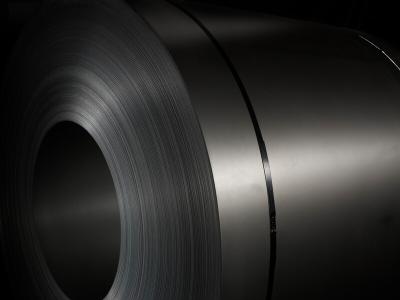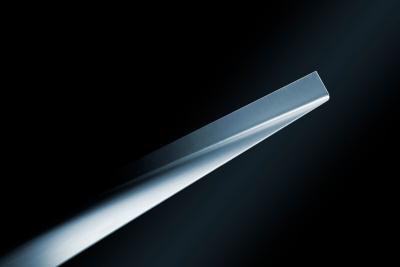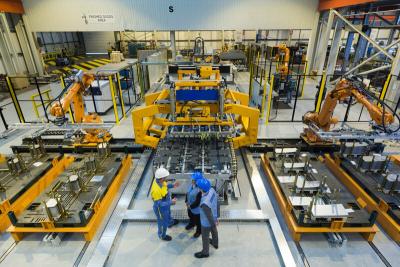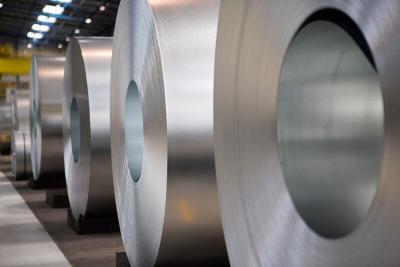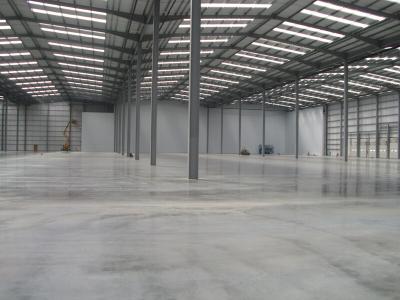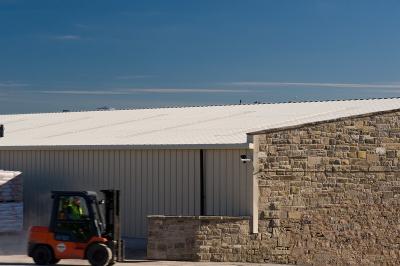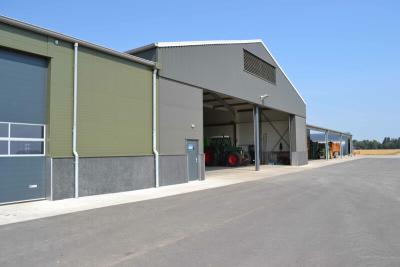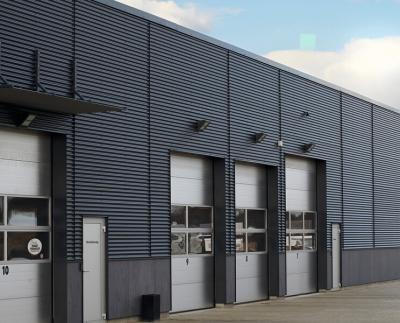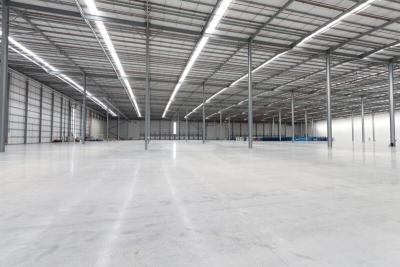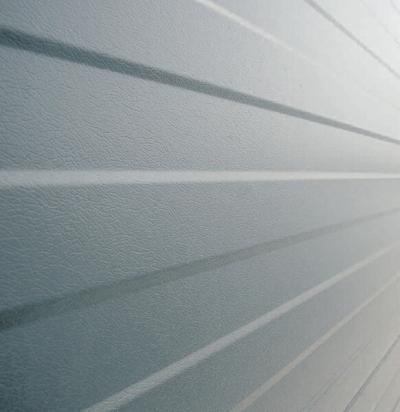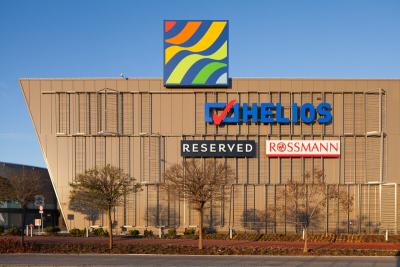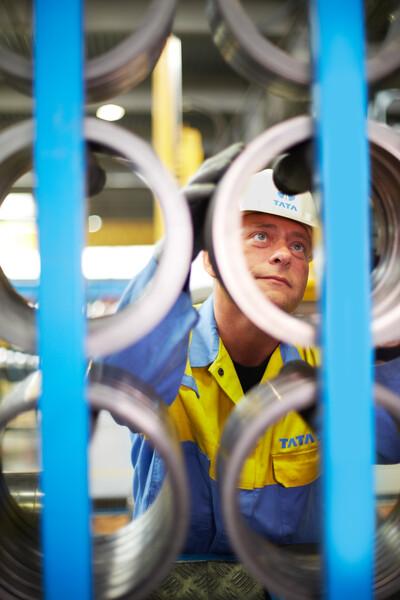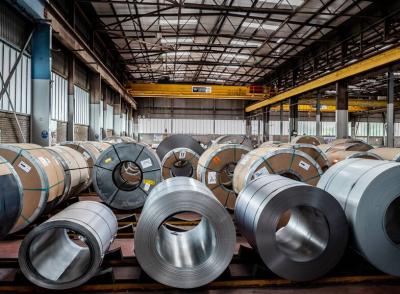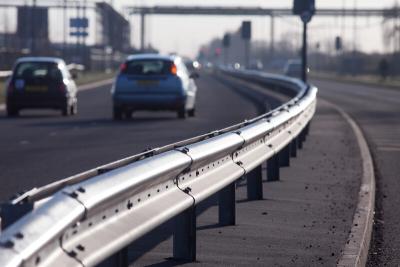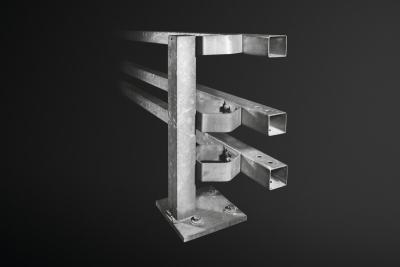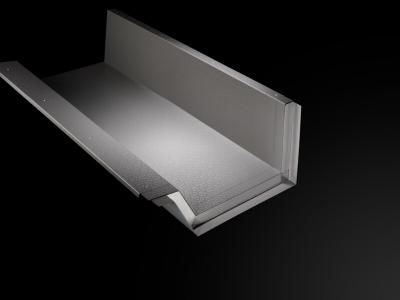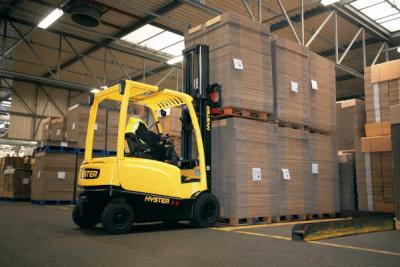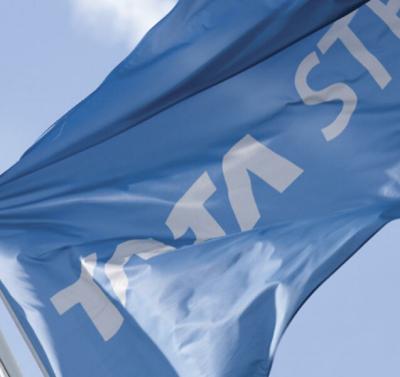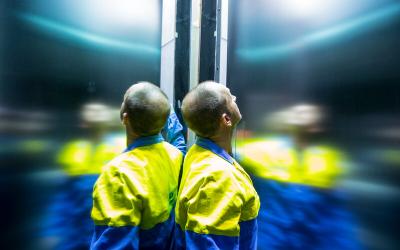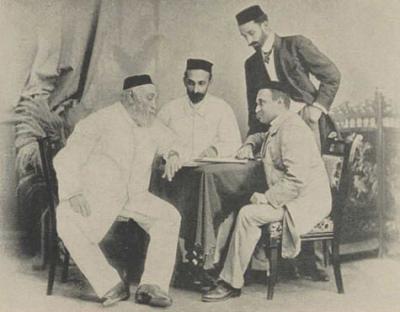Tata Steel Nederland has signed a memorandum of understanding with major automotive supplier SNOP for the long-term supply of steel with a lower environmental footprint. Going forward, Tata Steel will provide SNOP with Zeremis® Carbon Lite – steel with an allocated carbon footprint reduction of up to 90%1). The use of lower CO2 steel enables the prominent tier-one automotive supplier to manufacture high-strength structural car components, as well as outer panels for light commercial vehicles and high-end sports cars for various major car manufacturers. When the IJmuiden steelworks switches to its new steelmaking route, Tata Steel will supply SNOP with Zeremis embodied green steel.
“An agreement of this duration and size is testament to SNOP's commitment to driving sustainability in the automotive industry and to their confidence in our green steel plan. We are pleased to take our partnership to the next phase,” said Heather Wijdekop, Commercial Director of Tata Steel Nederland. “We observe a growing interest in steel with a lower environmental footprint. The automotive industry is looking to reduce the carbon footprint of its entire value chain and steel is a key enabler. SNOP clearly shows their understanding of the importance of steel and their commitment to their net-zero target.”
Jan Selbach, Senior Director Purchasing at SNOP, added: “Reaching this long-term agreement has been a great achievement for all parties involved and signals the continuation of our longstanding relationship. Tata Steel is an important supplier, and we are delighted to collaborate with them to achieve our goal of reducing our supply chain emissions and reaching net zero by 2050. We are looking forward to further cooperation on the transition to a green, clean, circular future with our trusted partners in the steel industry.”
Transforming to become a leading producer of clean, green and circular steel
As one of Europe's foremost steel producers, Tata Steel Nederland is diligently working towards transforming the company into a clean, green, and circular steel producer. The company's objectives include reducing its CO2 emissions by 40% by 2030, coinciding with the commissioning of the first DRP and EAF installations, and achieving complete carbon neutrality by 2045. The company also aims to increase the use of scrap to approximately 30% of the total annual production by 2030.
As part of its ambitions, the company expanded its sustainability solutions to customers last month and introduced Zeremis® Delivered – the option for customers to receive their steel orders through lower-emission transportation methods. The service enables customers to reduce their scope 3 emissions2), along with other emissions linked to the transportation of steel. Initially, Zeremis Delivered will be available to customers located within a 300-kilometer driving distance from Tata Steel’s sites in the Netherlands and Belgium.
1) This is the maximum reduction for the sum of scope 1, 2 and 3 emissions. For the sum of scope 1 and 2 emissions, this represents a 100% reduction.
2) Greenhouse gas emissions are categorised into three groups or ‘Scopes’ by the GHG Protocol. Scope 1 covers direct emissions from owned or controlled sources. Scope 2 covers indirect emissions from the generation of purchased electricity, steam, heating and cooling consumed by the reporting company. Scope 3 includes all other indirect emissions that occur in a company’s value chain.








